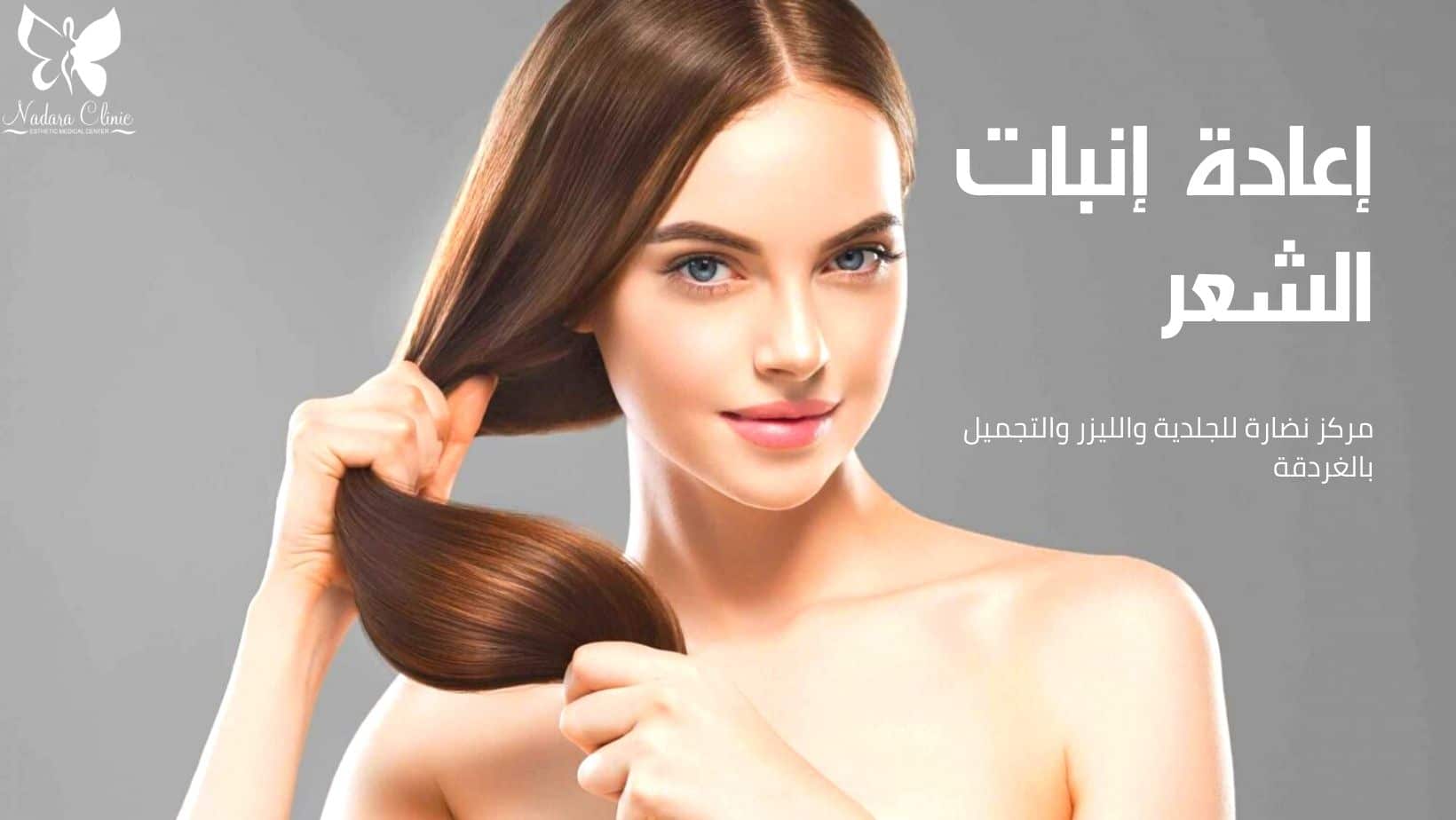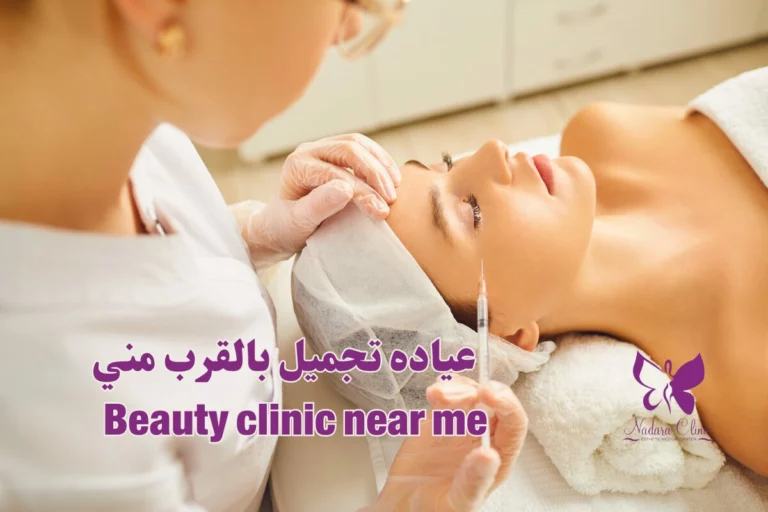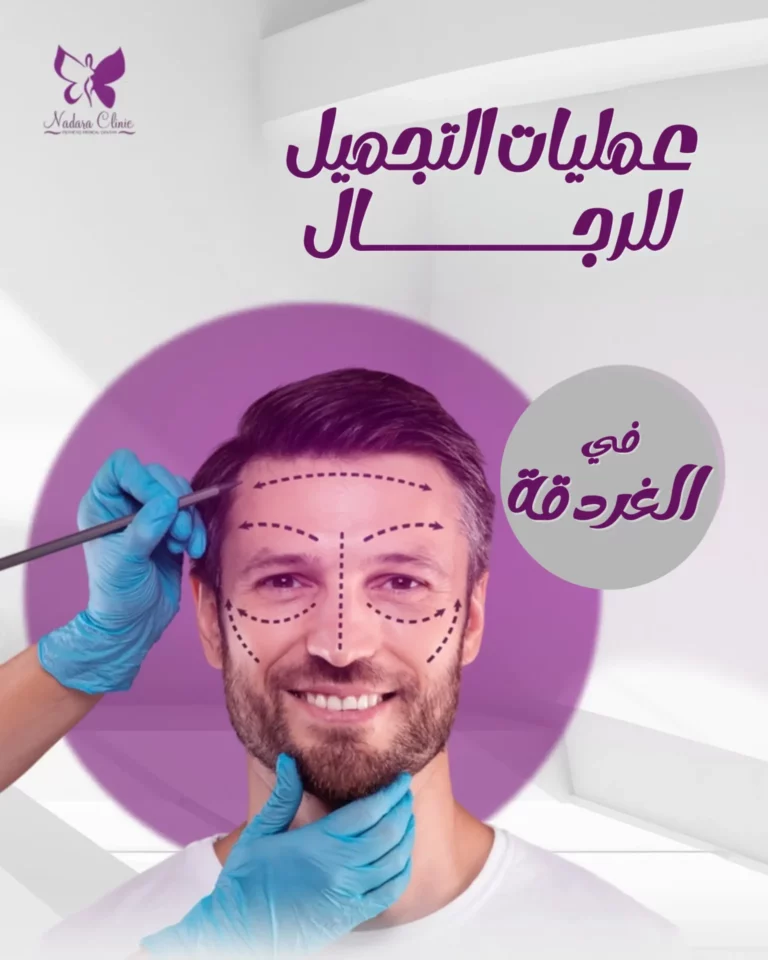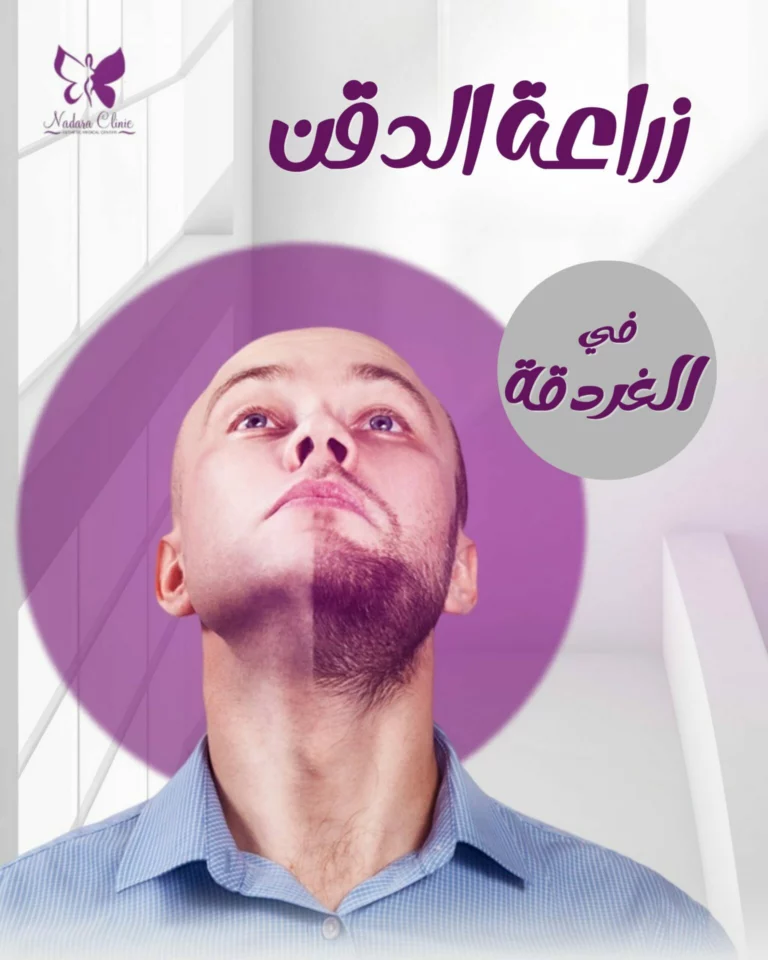Hair becomes less voluminous over time, as strands thin and break more easily. Hair styling techniques such as blow-drying, coloring, and overuse of gels can damage hair even more, but if the damage doesn't go too far, there are hair care products and techniques that can re-grow the hair. .
Several factors can negatively affect our hair growth, including our diet, lifestyle, and hair care products that we use. People typically lose 50-100 hairs a day, and this goes unnoticed; Because new hair grows at the same time, hair loss occurs when new hair does not replace the lost hair.
Causes of hair loss
Hair loss is related to one or more of the following factors:
- Genetics.
The most common cause of hair loss is the genetic condition that occurs with age, androgenetic alopecia, male pattern baldness and female pattern baldness. It usually occurs gradually and in predictable patterns such as receding hairline and baldness spots in men and less hair along the crown of the scalp in women.
- Hormonal changes and medical conditions.
Permanent or temporary hair loss may result from a variety of conditions, including hormonal changes during pregnancy and childbirth, menopause, or thyroid problems. Medical conditions include alopecia areata, an immune system disease that causes hair loss, scalp infections such as ringworm, and a hair-pulling disorder called trichotillomania.
- Medicines and supplements.
Hair loss may result from the side effects of some medications, for example, drugs for cancer, arthritis, depression, high blood pressure, heart problems, and gout.
- Radiation therapy to the head, hair may not grow as before.
- A very stressful event.
Many people experience hair loss up to months after a physical or emotional trauma, and this type of hair loss is temporary.
- Hairstyles and treatments.
Excessive hair styling, or hairstyles that pull hair, may cause traction alopecia, a type of hair loss. The use of hot oil on the price can also cause it to fall out, and if there is scarring, you may develop permanent hair loss.
Tips to regrow hair naturally
The focus of natural hair growth methods is on promoting blood circulation in the scalp, or improving the health of hair follicles and restoring hair quality. There are many products associated with hair growth at home, which are often used for other purposes. Here are some options:
- Rosemary oil.
Rosemary oil has anti-inflammatory properties and improves blood circulation, so it is a natural choice for solving hair loss problem. Gently rub a small amount on the bald spot every night, or you can use a natural shampoo that contains rosemary oil.
- Peppermint oil.
Peppermint oil treats headaches, irritable bowel syndrome, and other problems, but it can also safely become an effective topical treatment for promoting hair growth. Rub some peppermint oil into your scalp with your fingers, or use a shampoo with peppermint oil.
- Aloe vera.
Aloe vera is usually thought of as a skin remedy for healing wounds and relieving burns, but it may also help re-grow hair and protect the scalp from disease. The anti-inflammatory properties of aloe vera and its content of many enzymes, minerals, and other healthy ingredients make it a safe and often effective treatment for hair growth. Poetry.
To use it, massage it into your scalp before shampooing, or try mixing it with wheat germ oil and coconut milk.
- massage.
A vigorous scalp massage requires no products and is one of the simplest ways to boost blood circulation in the scalp and extend hair follicle cells to promote the growth of thicker tresses. Press firmly (but gently) with your fingers on your scalp, and scrub your scalp for at least 5 minutes.
You can also read: Goodbye chickenpox"
Over-the-counter treatments for hair regrowth
There is no shortage of over-the-counter products that reverse hair loss, or at least slow it down. Here are some foolproof over-the-counter remedies for baldness spots:
Minoxidil treatment
Minoxidil is one of the most proven treatments for hair growth, and it is available as a liquid, foam, or shampoo. Stronger forms of minoxidil are also available by prescription.
Side effects from minoxidil may occur, such as skin irritation or unwanted hair growth on the skin near the scalp. If minoxidil restores hair growth, it must be used indefinitely, or else its effects will begin to wear off.
collagen products
Collagen, a protein found in the skin and elsewhere in the body, is also associated with hair growth and thickening of hair that has begun to thin due to androgenetic alopecia.
Look for shampoos, conditioners, ointments, or serums that contain collagen and try using them when you shower or rub your scalp with them. It is also available in injectable form. Supplements containing collagen may also help, but there is less evidence that these work for hair growth.
Vitamin Supplements
Some vitamins and minerals contribute to the growth of hair strands, namely:
- Vitamin A.
- B vitamins (biotin).
- Vitamin C.
- Vitamin D.
- And vitamin E.
- iron.
- zinc;
Taking high doses of any supplement may put you at risk of complications, so discuss supplementation with your doctor at the Freshness Center for Dermatology, Laser and Aesthetics in Hurghada before starting any regimen.
You can also read: Cellulite | Causes and ways to get rid of it"
Medical treatments for hair regrowth
Before recommending a medication or procedure to treat a bald spot, your doctor in Hurghada will try to diagnose any underlying conditions that may be causing the problem, this may include:
- Review your medical history, including current symptoms.
- A physical exam that focuses on the nature of your hair loss.
- A tension test, where he pulls a few hairs to see how many hairs come out and how easy it is.
- A blood test to look for underlying conditions.
- scalp biopsy, a procedure in which scalp cells are removed; To be tested in the laboratory to find out the cause of hair loss.
Once your doctor knows what might be causing your bald spot, he or she may recommend one or more common prescription medications for hair loss.
Finasteride
One of the most important drugs prescribed for hair growth is finasteride. It can be used by both men and women. But pregnant women should not use finasteride, as there may be a risk of genital defects in male babies.
corticosteroids
Strong corticosteroids applied in liquid form directly to the scalp are often an effective treatment for children with alopecia areata. Injecting corticosteroids into areas of hair loss may help restore hair growth within weeks in people with alopecia.
anthralin medication
Anthralin is a topical treatment for alopecia that, when applied to bald spots, may help stimulate hair growth.
methotrexate medication
If other treatments fail, a doctor may prescribe this powerful medication, sometimes used in combination with a corticosteroid. But methotrexate also causes several serious side effects, so follow your doctor's instructions.
You can also read: 4D body sculpting"
Surgical treatments for hair regrowth
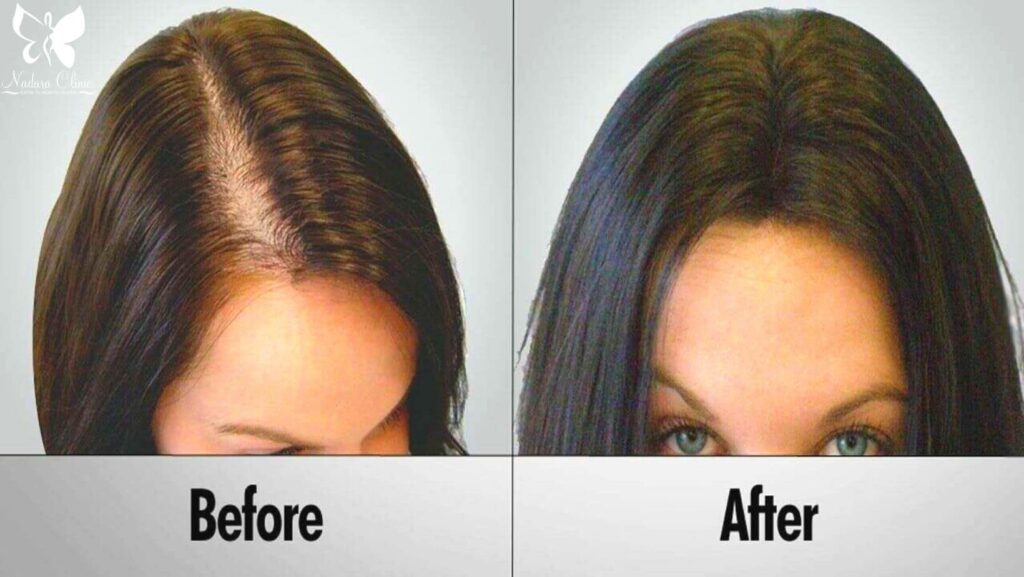
Surgery is a last resort if other less invasive methods fail. The most common form of hair restoration surgery - transplanting follicles from elsewhere on the head - does not always work, and transplanted hair follicles may not continue to produce healthy hair growth for long.
Hair Transplant
hair transplant operation It is a common surgical solution to the problem of permanent hair loss, in which the doctor removes hair follicles from the healthy hair growth area from the back of the head, and implants them in the part of the scalp that suffers from hair loss.
There are two main methods of hair transplantation:
- FUT method: Your doctor uses a slice of skin with hair follicles from a donor area, and the follicles are removed and transplanted.
- FUE method: The doctor removes individual hair follicles from the donor area, and inserts them into small incisions at the recipient site in your scalp.
laser treatment
Although not widely evaluated, laser treatment has been shown to reverse hereditary hair loss in both men and women. that Low level laser It stimulates blood circulation and hair growth in the follicles that have stopped producing hair.
You can also read: HIFU body lift"
It is often possible to regrow hair in a bald spot. You may need to try more than one type of treatment to get the results you want, so be patient, and consider all your options. As with any medical treatment, hair loss solutions are not 100% Guaranteed, There may be unwanted side effects.

